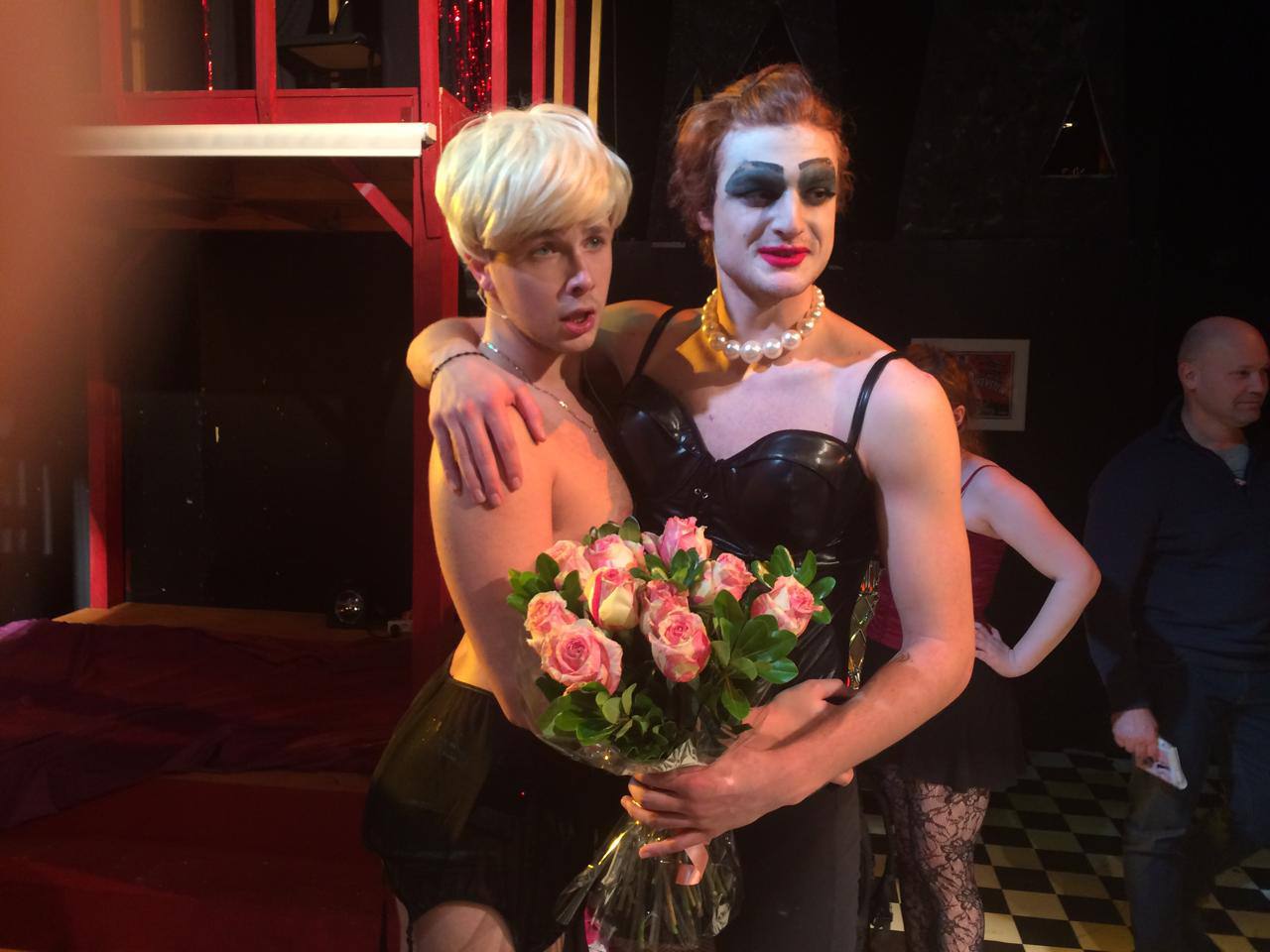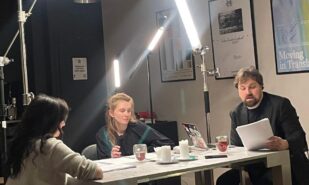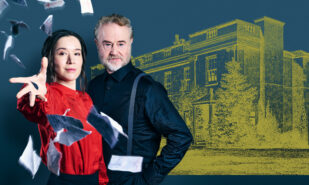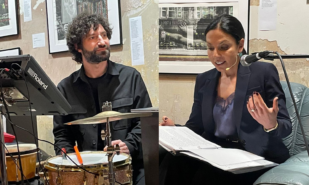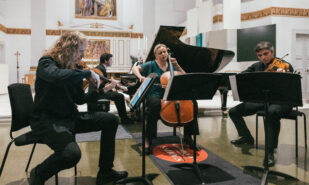The therapeutic effect of theatre
We know from global theatre history that every country made its cultural contribution to the vivid and exciting development of the art over the years. From ancient drama to the theatre of the Absurd, the actors mediate changes in the theatrical presentation.
Acting, however, is just the tip of the iceberg that a typical viewer sees on the stage. The director’s persona can transform performers like clay in a pottery studio, demonstrating true mastery of each production element. This is how some comedy actors show their other side in a drama or a historical play.
Some actors and directors, however, want to communicate with their audiences through social context. It allows them to connect deeply and help some people through the theatrical medium.
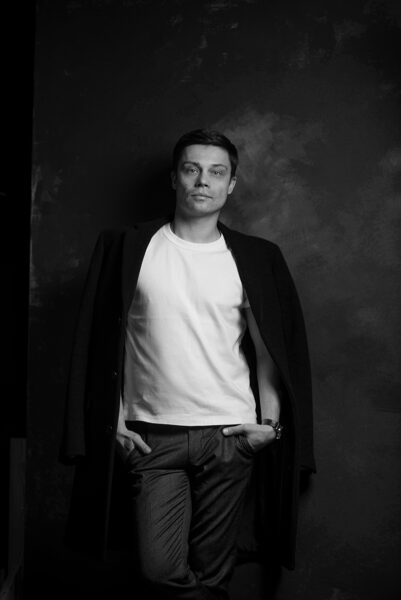
Mikhail Rakov plays a vital role that one usually never sees on the stage or, in his case, never hears in radio drama. He is a screenwriter, creative director, and producer of plays that can only be heard on the radio.
Mikhail’s outstanding talent as a visionary shines in his brilliant, award-winning social drama, The Call, covering the topic of sexual harassment towards women. This minimalistic theatre production raises several uncomfortable issues – the relationship between the victim and the offender, fear of being shamed by society, etc. It was important for Mikhail to make this production in this way because it’s impossible to speak about crime in a pleasant and tender tone of voice.
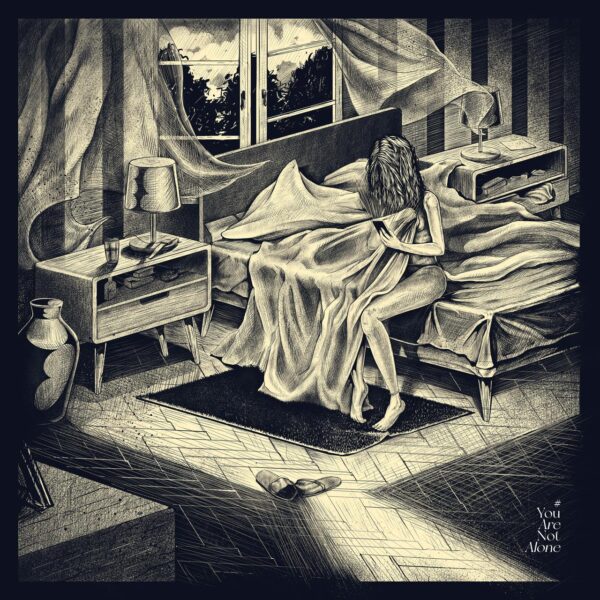
The genre he chose was vital. Due to its sound-based nature, audio drama appears to be the best theatrical genre that fits the needs of audiences with vision impairments. This way, Mikhail solved the problem of enlightening several types of audiences about this problem.
Furthermore, during the preparation process, Rakov spent quite a lot of time on research. He says that such topics demand meticulous attention in the preproduction process, especially when the script is written by a man. This method allowed Rakov to create an extraordinary, intimate play that won’t leave anyone indifferent. You either love it or hate it.
A safe place for spectators
Savva Zaremba has always wanted to become an actor – from the moment his mother introduced him to theatre. This passion led him to a BA in Drama and Performances from the University of Roehampton and an MFA in Collaborative Theatre Making from Rose Bruford College.
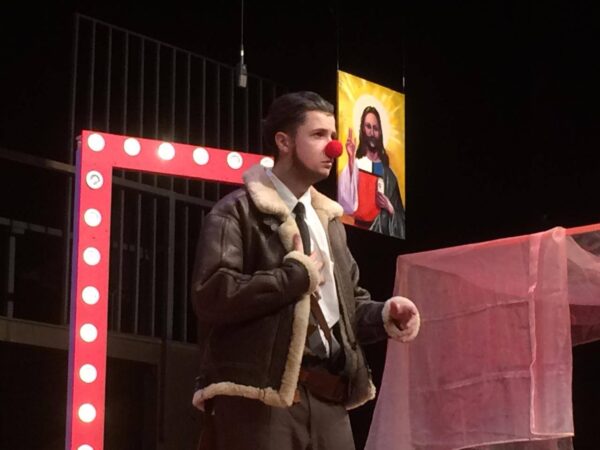
According to Savva, the most interesting he’s done so far was performing in productions for young adults. This way, he feels that his talent helps teenagers avoid making regrettable mistakes. Savva believes that the stage is a safe place for spectators. It enables them to analyse every move and line actors make and use that to improve their lives.
Playing such comic (at first glance) roles, as a banana that wants to stop global warming, allows Savva to establish a deeper connection with his viewers and train himself for more complicated roles. The actor’s dream is to play one of the lead roles in The Pillowman by Martin McDonagh. It looks like his dream may come true. Savva’s acting demonstrates his ability to present all the ‘shades’ of whichever character he portrays.
True art has no boundaries
Even though acting and directing are two different occupations, some theatre professionals are able to handle both brilliantly. That can be said, in particular, of Serge Alakritsky, who constantly challenges himself in order to develop his talent. He is one of a kind because at the beginning of his career, he had the fantastic opportunity to obtain his professional training first in the USA and later in Russia.

This way, Serge became well familiarised with two different acting schools, and he knows how to use their best elements in his own acting. It was with this knowledge that he created the Take Two production, an immersive theatre play conceived specifically to deliver to its viewers the therapeutic effect that theatre sometimes can provide.
Representing both the directing and acting parties, Serge has demonstrated how brilliantly he can work with the subject. He combined elements of art therapy and immersive theatre in one space. For him, such action was vital because in his personal understanding true art has no boundaries. This way, a synthetic medium such as theatre can be the perfect instrument that can envelop a spectator and heal the wounds of their soul.

